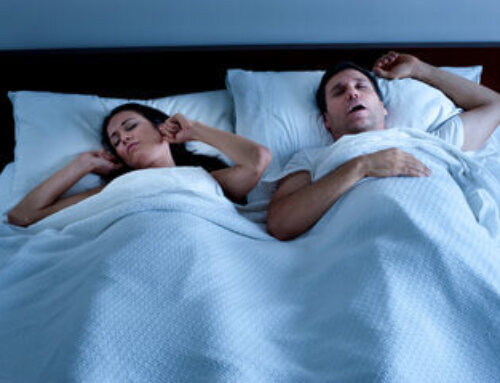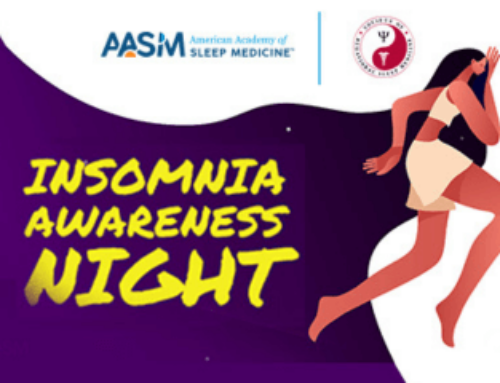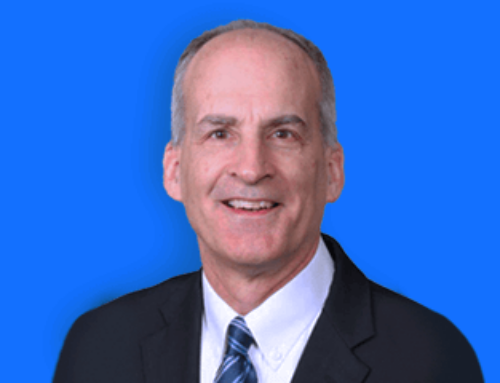EMBARGOED FOR RELEASE: 3 p.m. EDT, August 30, 2013
CONTACT: Lynn Celmer, 630-737-9700, ext. 9364, lcelmer@aasm.org
DARIEN, IL – A new study finds that sleep deprivation affects facial features such as the eyes, mouth and skin, and these features function as cues of sleep loss to other people.
Results show that the faces of sleep-deprived individuals were perceived as having more hanging eyelids, redder eyes, more swollen eyes and darker circles under the eyes. Sleep deprivation also was associated with paler skin, more wrinkles or fine lines, and more droopy corners of the mouth. People also looked sadder when sleep-deprived than after normal sleep, and sadness was related to looking fatigued.
“Since faces contain a lot of information on which humans base their interactions with each other, how fatigued a person appears may affect how others behave toward them,” said Tina Sundelin, MSc, lead author and doctoral student in the department of psychology at Stockholm University in Stockholm, Sweden. “This is relevant not only for private social interactions, but also official ones such as with health care professionals and in public safety.”
The study, which appears in the September issue of the journal Sleep, was conducted at the Karolinska Institute in Stockholm, Sweden. Ten subjects were photographed on two separate occasions: after eight hours of normal sleep and after 31 hours of sleep deprivation. The photographs were taken in the laboratory at 2:30 p.m. on both occasions. Forty participants rated the 20 facial photographs with respect to 10 facial cues, fatigue and sadness.
According to the authors, face perception involves a specialized neuronal network and is one of the most developed visual perceptual skills in humans. Facial appearance can affect judgments of attributes such as trustworthiness, aggressiveness and competence.
The American Academy of Sleep Medicine reports that about 30 percent of adults in the U.S. regularly get insufficient sleep.
To request a copy of the study, “Cues of fatigue: effects of sleep deprivation on facial appearance,” or to arrange an interview with the study author or an AASM spokesperson, please contact Communications Coordinator Lynn Celmer at 630-737-9700, ext. 9364, or lcelmer@aasm.org.
The monthly, peer-reviewed, scientific journal Sleep is published online by the Associated Professional Sleep Societies LLC, a joint venture of the American Academy of Sleep Medicine and the Sleep Research Society. The AASM is a professional membership society that improves sleep health and promotes high quality patient centered care through advocacy, education, strategic research, and practice standards (www.aasm.org).
The American Academy of Sleep Medicine considers sleep disorders an illness that has reached epidemic proportions. Board-certified sleep medicine physicians in an AASM-accredited sleep center provide effective treatment. AASM encourages patients to talk to their doctors about sleep problems or visit www.sleepeducation.com for a searchable directory of sleep centers.








